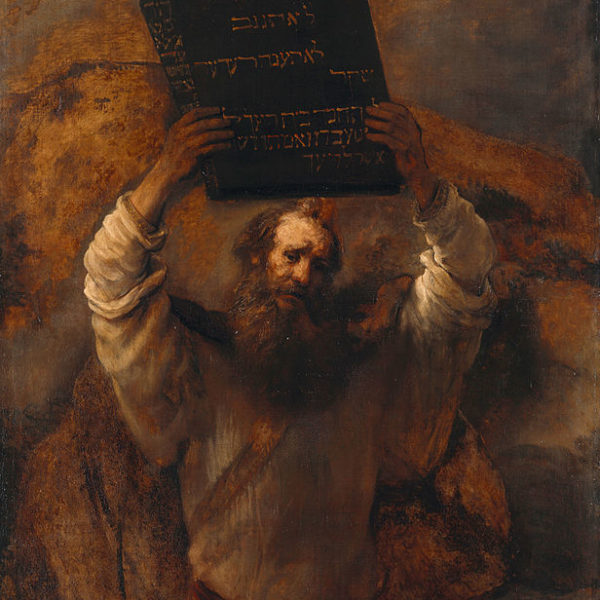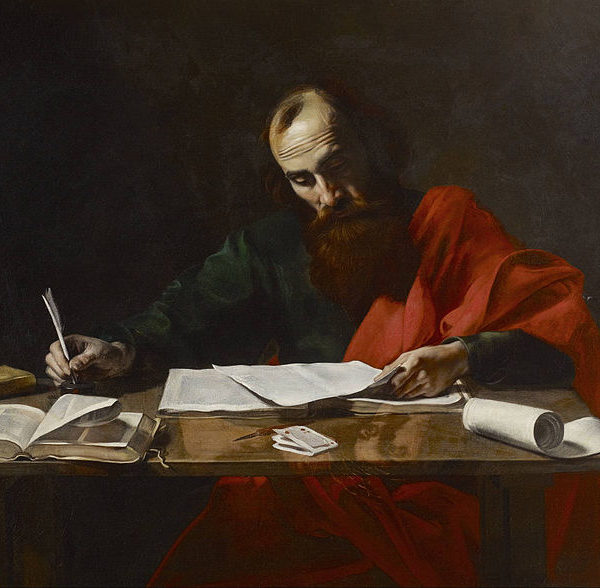
Paul speaks to our self-conscious understanding of tragic fatedness in Romans 7. Like him we long to be released from such an apparent fate, where we are not free to live as we know we could and should. This is more than an individual bondage to sin. It recognizes that sometimes we are prevented from living as we feel we ought by more than our own will; sometimes we are oppressed by the wills of others or even a system which seems to have a will of its own that is impermeable to reason.
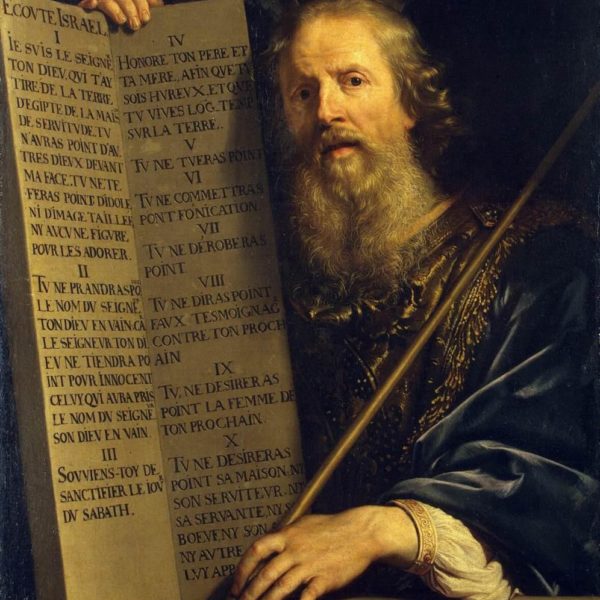
The idea that the political aspects of the Ten Commandments are confined to the latter portion and that the beginning portion is only ‘religious’ in nature is unsustainable. The politics of the commands themselves as well as the politics of the conversations in which those commands are embedded continue to be instructive for faithful communities today.
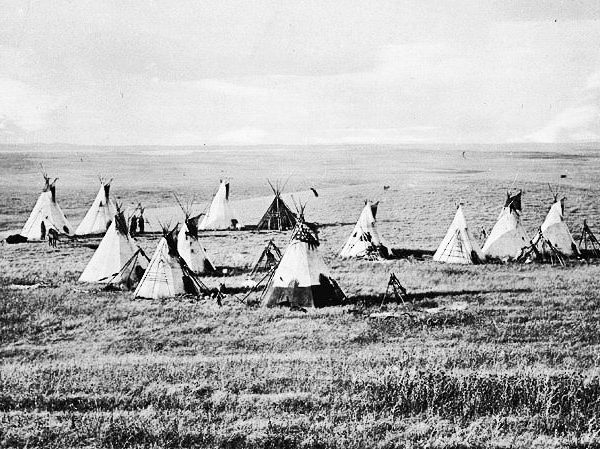
Exodus reminds us of what as human beings we have in common with the land and all of its resources—we are all both creations and possessions of the eternal God. In light of this, as we recognize and respond to our own needs and desires, making claims on the land as a result, we must also recognize the land as possessing its own distinct claims, dignity, and integrity.
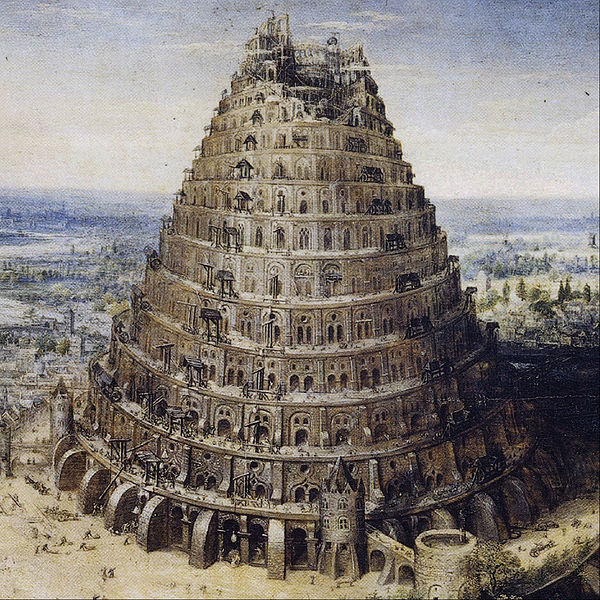
As the people of Pentecost, our political vocation is to manifest the reality of God’s worldwide kingdom, to be a place where the enmity between peoples is overcome and the many tongues of humanity freely unite in the worship of their Creator. Amidst the Babelic projects of the ages, the Church proclaims by its existence that the kingdom belongs to God, that there is no other true ruler over all the nations.
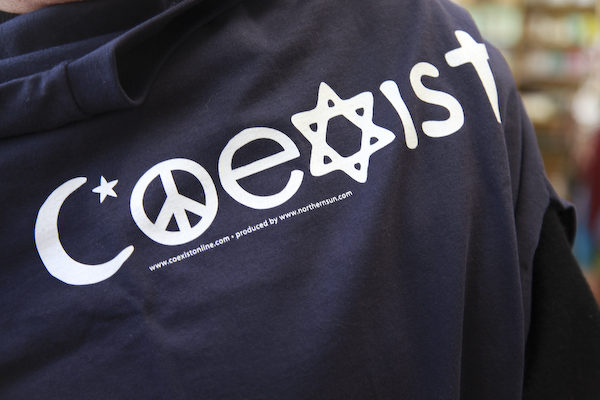
The stark repetition of the admonition to being of one mind in the first and last phrases is particularly arresting, and particularly challenging for us today. After all, for contemporary liberalism, being of one mind is no virtue, and the same could be said for most contemporary Christians. We no longer think of pluralism as simply a pragmatic political strategy for negotiating irresolvable difference, but as a good in itself. It is difference, we say, that makes us strong, tolerance and indeed embrace of otherness.

The myth of Captain America introduces us to a serious quandary. Can liberal democracy be de-coupled from violence or is it doomed to repeat old battles? For Christians the question is doubtless a complex one. The Church can doubtless find much in Rogers’s democratic creed to admire; his sense of self-sacrifice, his public spirit and sense of civic duty. There is something of the righteous pagan in the Captain America myth which should not be lightly dismissed.
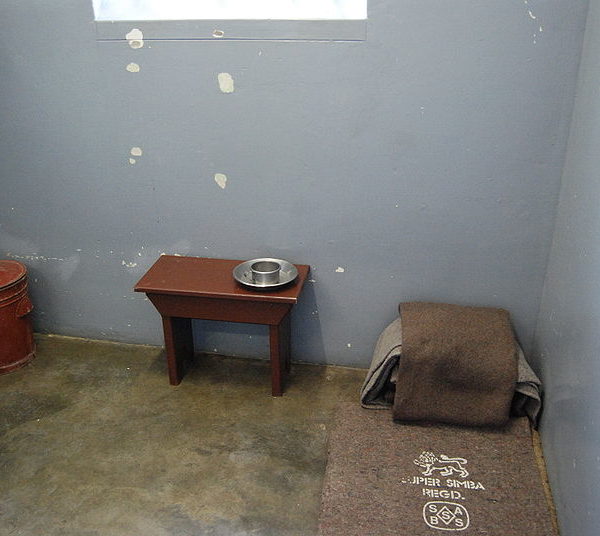
Within many criminal justice systems, deterrence is a significant element of the rationale of imprisonment. However, Paul’s letter to the Philippians reveals the emboldening power of imprisonment for faithful witness. The example set by courageous leaders who will risk imprisonment for the sake of truth and justice continues to have great power, even within our contemporary situation.

On the surface Captain American: the Winter Soldier is a cinematic triumph of patriotic romanticism. Whatever injury has been done to the American psyche in the early part of the twenty-first century, Marvel has done its best to bind these wounds and produce a tour de force of idealism for a less than idealistic age. Captain America has done for democratic virtue what the West Wing did for American government.
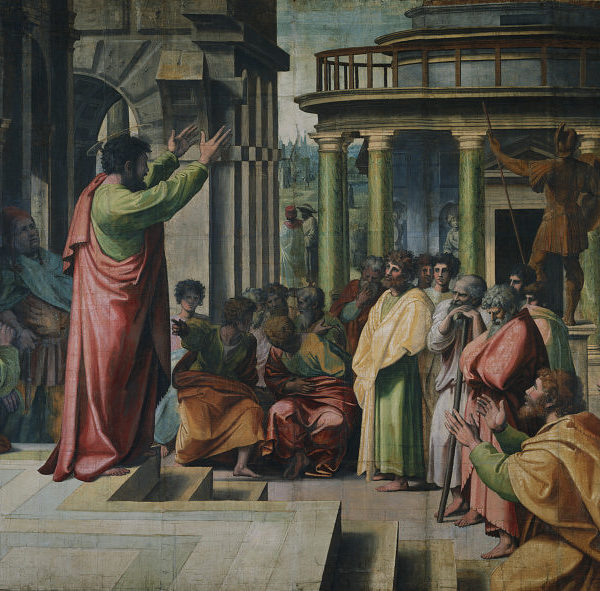
In the face of the thoroughly known god who sponsors our political ideologies and patriotic projects, we must join with the Apostle Paul in proclaiming the unknown God. Cutting across our speculation, superstition, and listless curiosity in the revelation of Jesus Christ, this God punctures our comfortable idolatries and calls us all to give account.
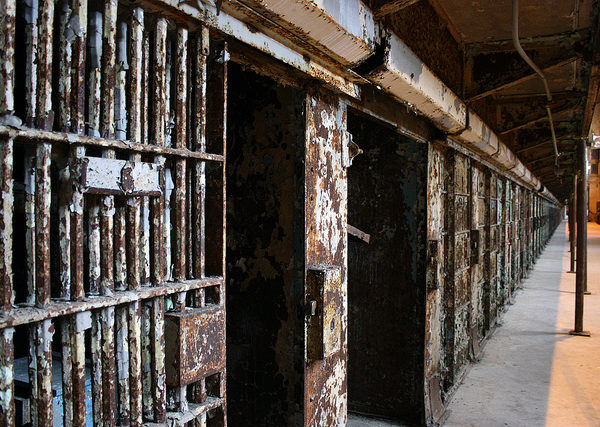
In the account of the slave with the spirit of divination, Paul, Silas, the Philippian jailer, and his family we encounter dynamics of agency and constraint, of freedom and slavery. There are a number of surprising instances of human action within this narrative which nonetheless speaks powerfully of the power and activity of God.
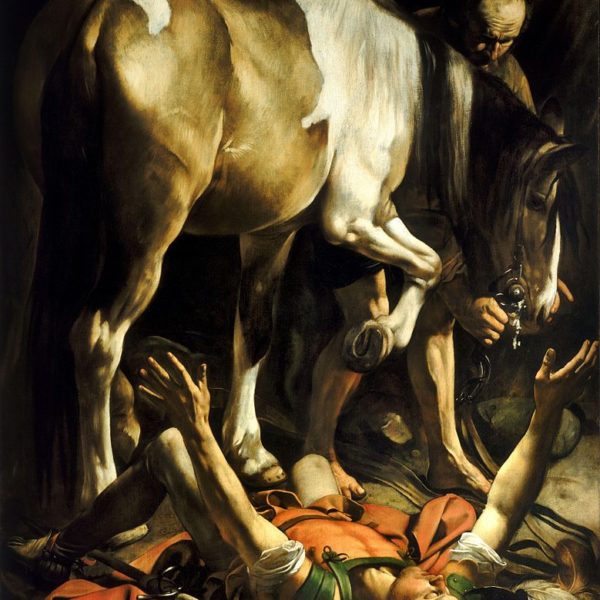
The story of the encounter of Saul of Tarsus with the risen Christ on the road to Damascus is read in a number of differing ways, readings often shaped by what the church has become for us. At our juncture in the developing history of ‘The Way’ we have the opportunity to explore a different vantage point on this story, one shorn of much of the triumphalism of past readings and tempered by our uncertain times.
